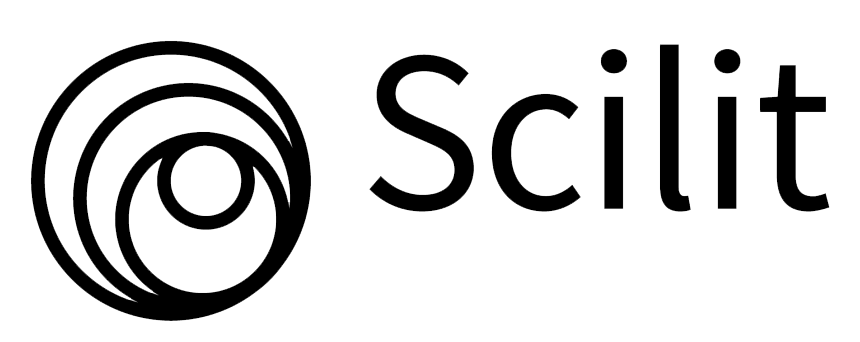Analisis SWOT Efektivitas Beton Cast In Situ Pada Saluran Irigasi Jogging Track Desa Wisata Baha, Kecamatan Mengwi
DOI:
https://doi.org/10.38043/reinforcement.v3i1.5095Keywords:
Agrotourism, Irrigation, Cast in situ concreteAbstract
Baha Tourism Village is one of the tourist destinations in Badung Regency, featuring a 6-kilometer jogging track. This study aims to determine the effectiveness of using cast-in-situ concrete in rehabilitating the irrigation canal adjacent to the jogging track. A SWOT matrix analysis was employed. Based on the analysis, four sets of alternative strategies can be implemented for the rehabilitation of the Subak Lepud irrigation canal in Baha Tourism Village compared to precast U-ditch concrete. The SO (Strength-Opportunity) strategy reveals that the factor to be maintained to seize opportunities is the use of cast-in-situ concrete, which is more economical due to its long lifespan. Furthermore, the WO (Weakness-Opportunity) strategy involves using a time schedule where all construction plans, from formwork installation to concrete pouring, are incorporated to maximize time, cost, and quality. The ST (Strength-Threat) strategy indicates that there are numerous stakeholders involved in the canal project, while the WT (Weakness-Threat) strategy suggests that to minimize the failure of cast-in-situ concrete mixtures, supervision of materials, concrete mix quality, and occupational health and safety (OHS) must be optimized.
References
Akbar, M. S., Kholil, M., & A, R. (2015). Analisa Strategi Pemasaran Terhadap Performance Kerja Dengan Menggunakan Metode Analisis SWOT (Studi Kasus: PT. DK). Ratih: Jurnal Rekayasa Teknologi Industri Hijau, 1, 1–14. https://ejournal.unugha.ac.id/index.php/ratih/article/view/62/40
David da Silva, D., Pereira, S. B., & Vieira, E. de O. (2020). Integrated Water Resources Management in Brazil. Integrated Water Resource Management, 13–26. https://doi.org/10.1007/978-3-030-16565-9_2
Denpasar, U. M., & Pengumuman, D. (2021). Unmas Denpasar. 11, 11–12.
Didik, I., Mabui, S. S., & Raidyarto, A. (n.d.). BETON.
Helfert, E. (2000). Teknik Analisa Keuangan.
Pendidikan, K. (n.d.). Dewa Putu Oka Prasiasa Ida Bagus Gede Udiyana Gusti Ayu Mahanavami.
Republik Indonesia. (2004). Undang-Undang Nomor 7 tahun 2004 Tentang Sumber Daya Air. In Integrated Water Resource Management (pp. 13–26).
SNI 2847:2013. (2013). Persyaratan Beton Struktural untuk Bangunan Gedung SNI 2847-2013. Badan Standarisasi Nasional, 265.
Sugiyono, D. (2013). Metode Penelitian Kuantitatif, Kualitatif, dan Tindakan.
Windia, W., Wirartha, M., Suamba, K., & Sarjana, M. (2007). Model Pengembangan Agrowisata di Bali. Jurnal Sosial Ekonomi Pertanian, 7, 1–14.
Zulkarnaen, D. H., Oetomo, W., & Widhiarto, H. (2021). ANALISIS PEMBANGUNAN SALURAN IRIGASI. 2.
Downloads
Published
How to Cite
Issue
Section
License
Copyright (c) 2024 Reinforcement Review in Civil Engineering Studies and Management

This work is licensed under a Creative Commons Attribution-ShareAlike 4.0 International License.













